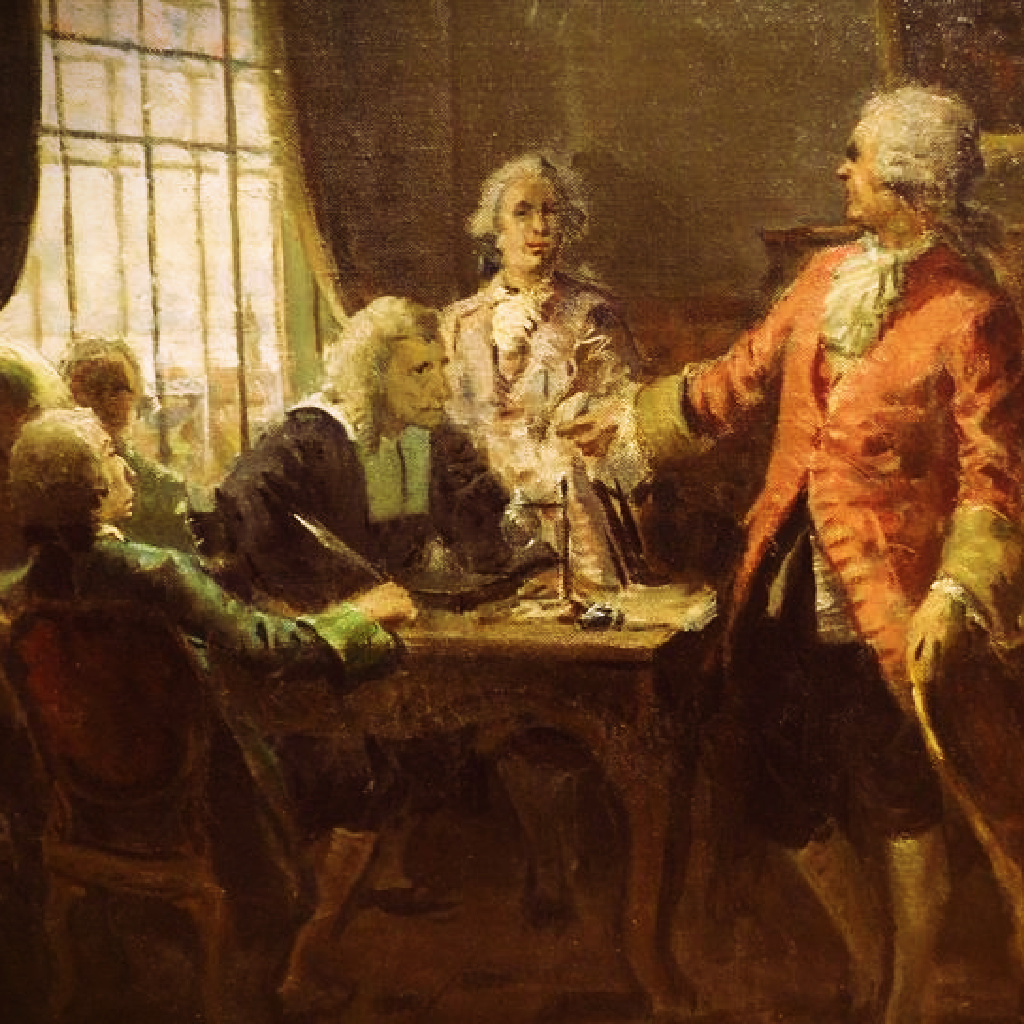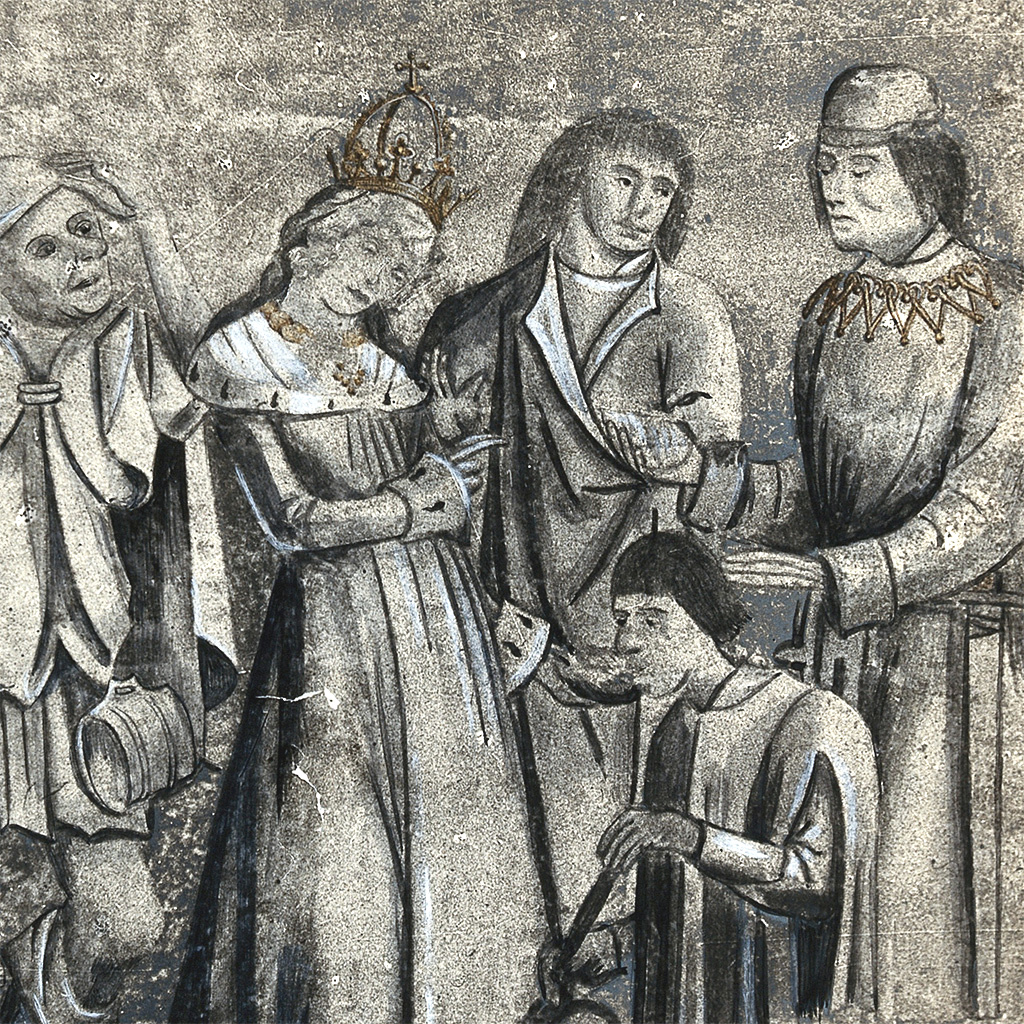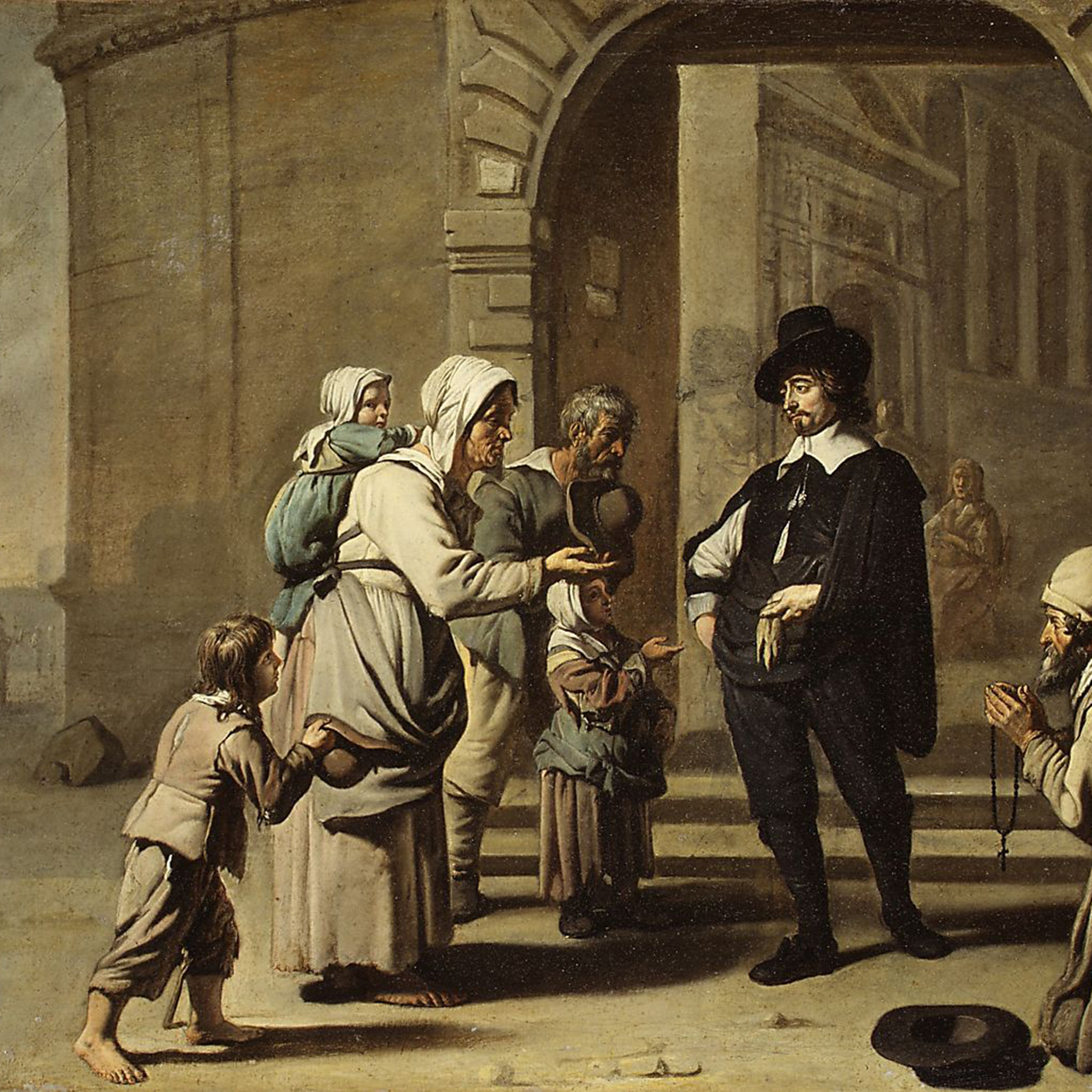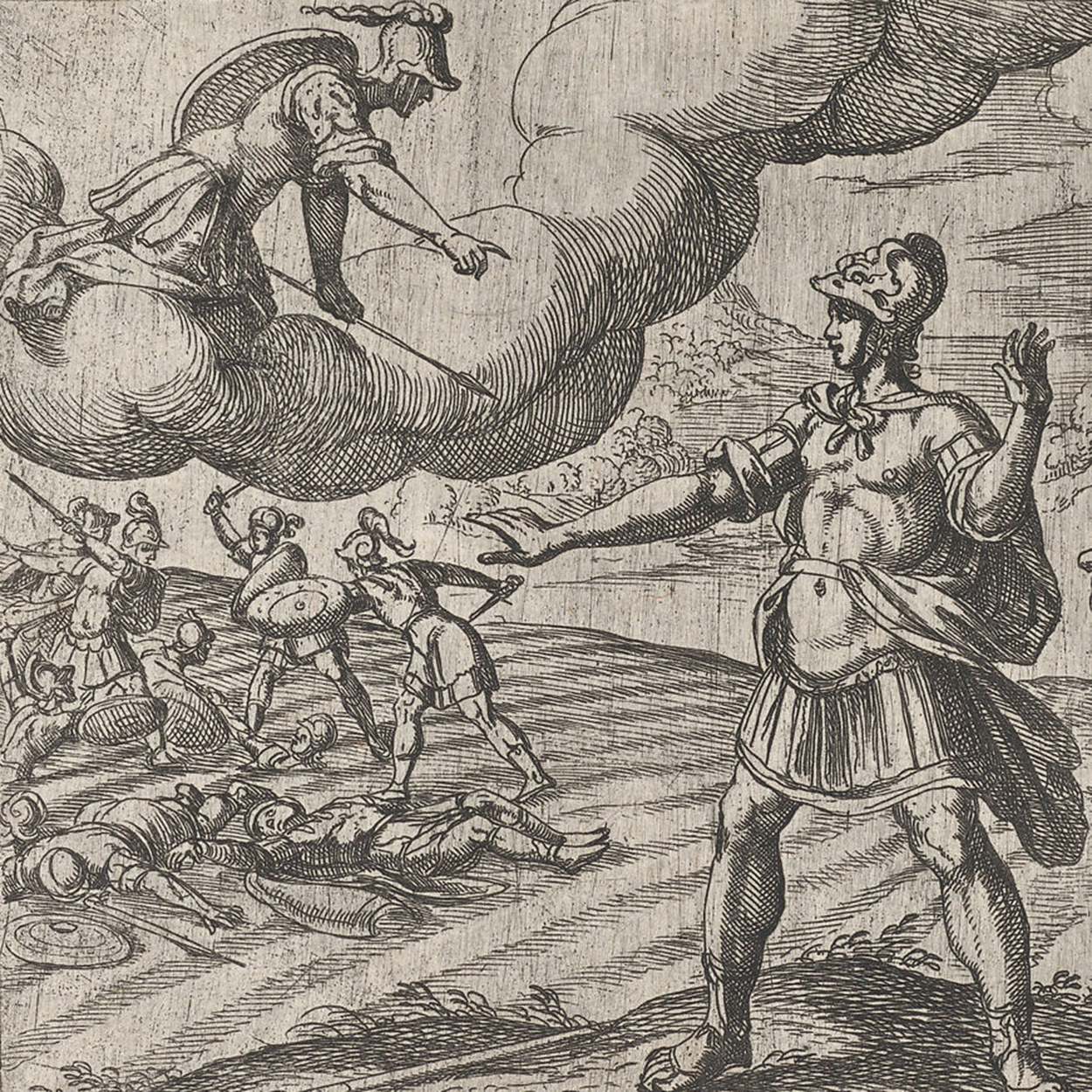
Competing Narratives of American Redemption
We don’t agree on the problems facing America, which is why our views of the solutions and answers to the mess we’re in diverge so widely as well.

We don’t agree on the problems facing America, which is why our views of the solutions and answers to the mess we’re in diverge so widely as well.

Many have been persuaded to pursue an “authentic” image of ourselves in our own countenance, rather than seeking the image of God there. Could that be why we’re so miserable?

The division is growing. And the American people are weary. But the truth of forgiveness and reconciliation is no less available and promising. One mediator’s perspective.

What’s helpful about intersectionality, and how it can also be harmful (on both sides of the political spectrum). This continues our series on anger in America today (See also “Anger and the Modern Prophetic Voice”)

Most everyone agrees that the United States is in trouble. Like everything else, however, we don’t agree on what that danger entails.

More empathy for the difficulties, fears, and frustrations of others ought to help us move forward together despite political differences. These eleven books have helped me deepen my understanding of poverty in America.

Are there understandings of social justice that would help us unite around its aspirations—rather than continue fighting over it?

Being judged for being “judgmental” has become so commonplace we hardly think twice about it. But sound judgment says we should.

Although tolerance is believed to be a way to avoid contention, if applied incorrectly, it can be used more as a weapon than a notion of compassion.
Those critiquing J.K. Rowling and other luminaries for signing off on a letter about open debate don’t seem to appreciate the extent to which threats on a few have rippled out to influence the self-censoring and fearful silence of millions.

Ever been zoom-bombed by neo-nazis? I have. The intensity of the experience helped prepare me for what American is facing today.

In response to those sensitive souls asking, “Why am I not there yet as a person?” or “Why are we not there yet as a society?” Latter-day Saint theology offers a patient optimism for steady growth in us and around us—along with the anticipation of collective light to become “brighter and brighter until the perfect day.”